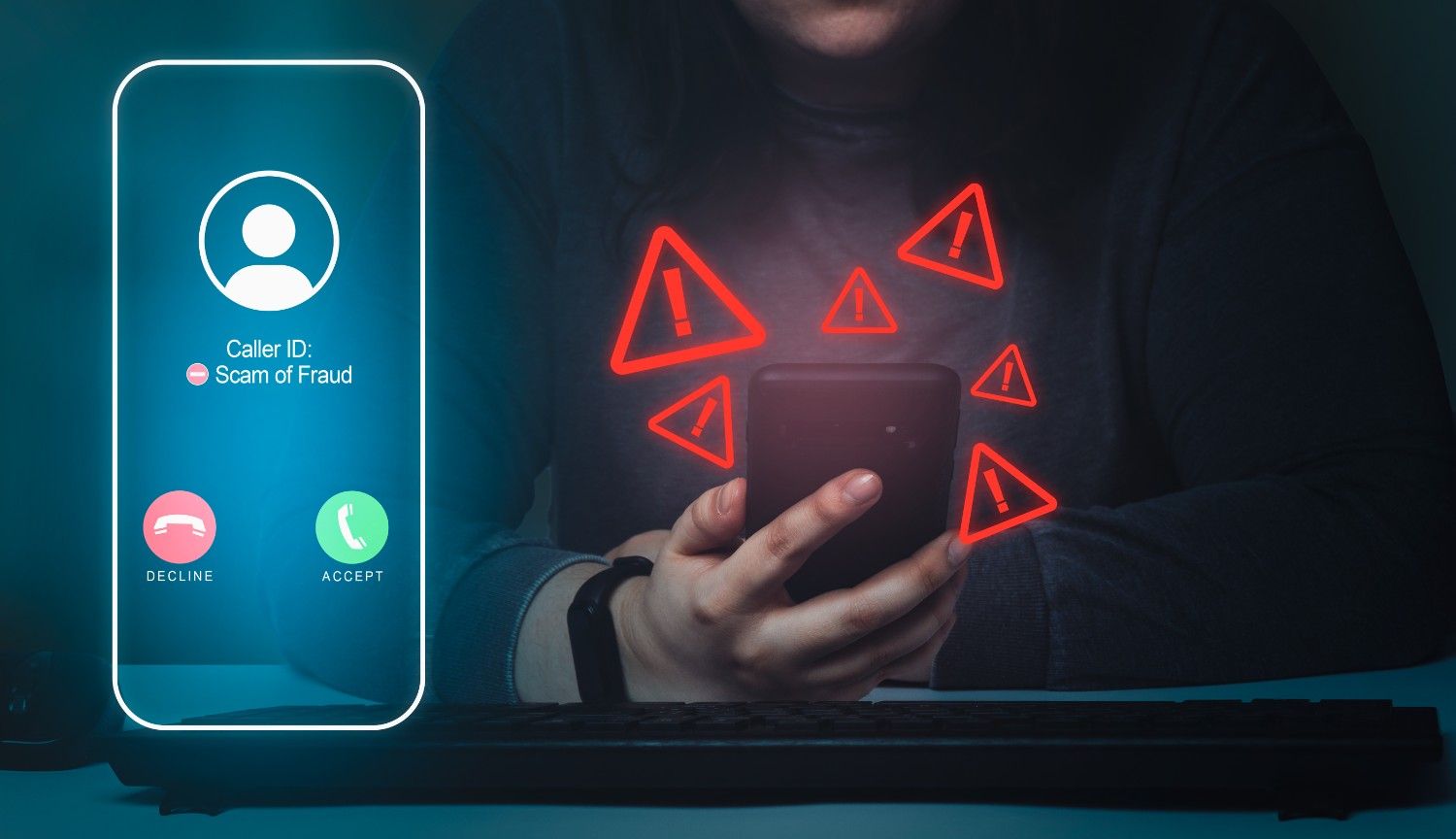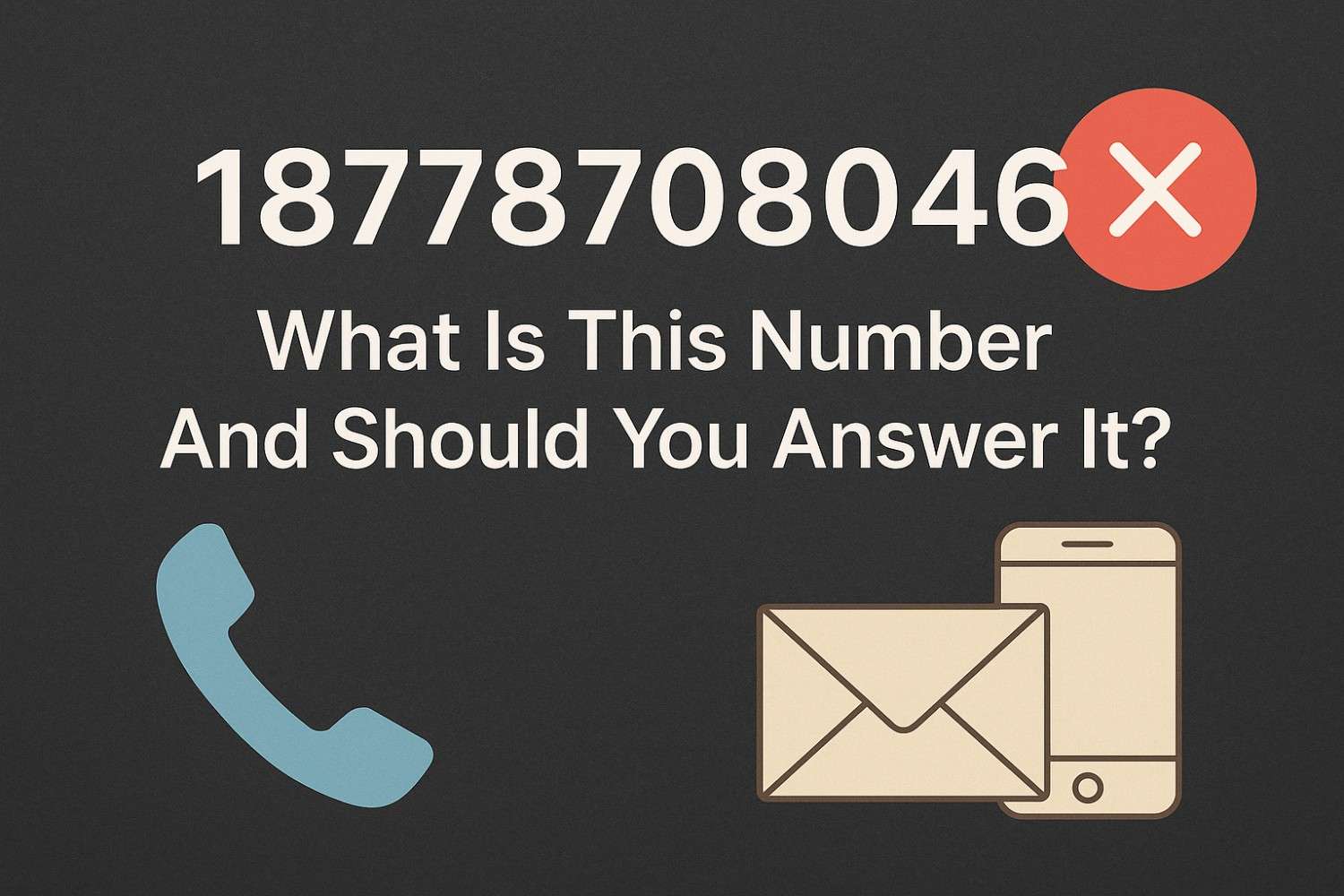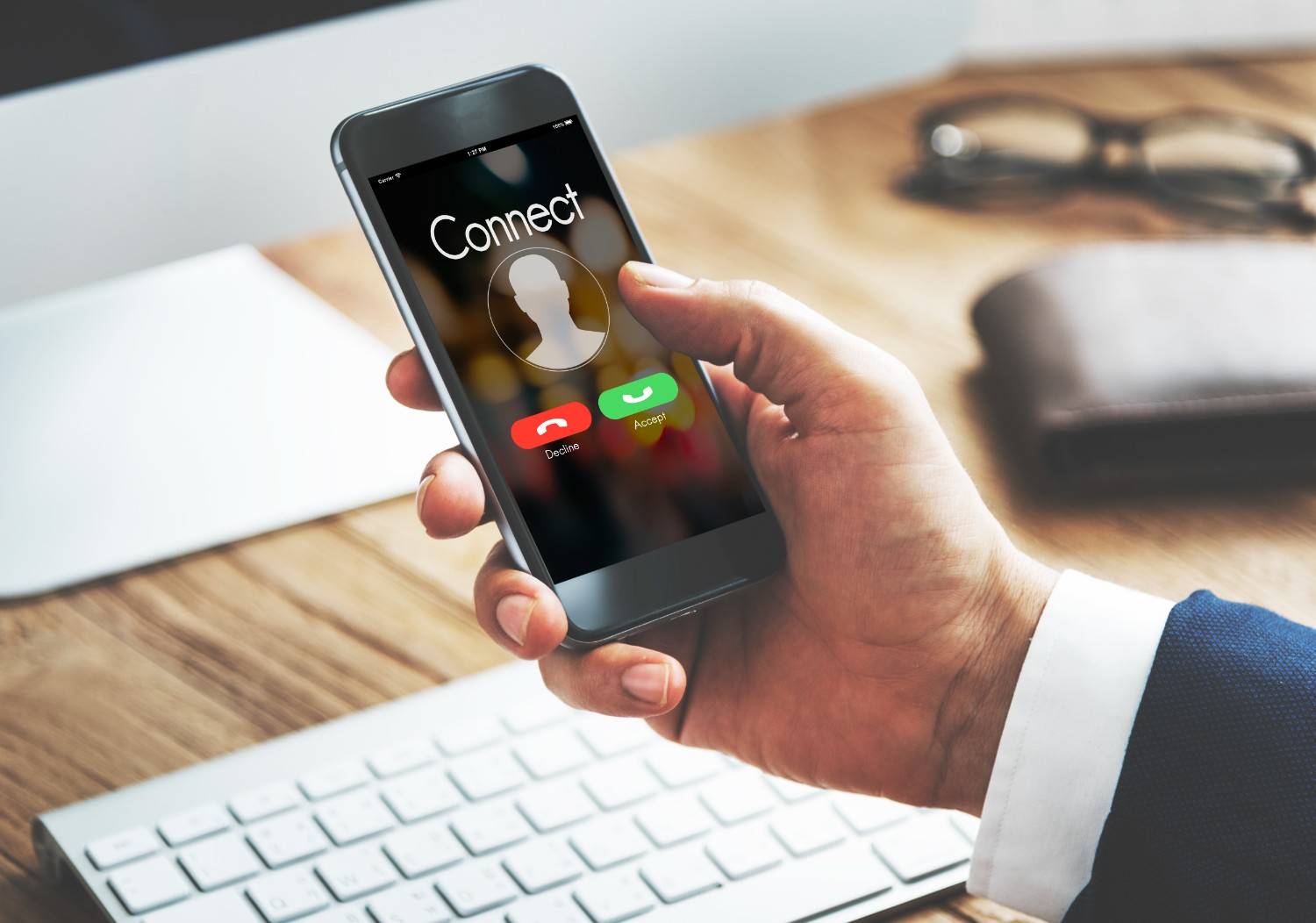If you’ve seen 18778708046 pop up on your caller ID or a postcard telling you to “act now,” you’re not alone. I first ran into it after a “mortgage service” notice landed in my mailbox. It looked official—logo, barcode, loan language—the works. But the phone number didn’t match my lender, and the fine print felt off.
A little digging turned up a pattern: this toll-free number (commonly formatted as 1-877-870-8046) shows up on deceptive mailers and spam call reports tied to mortgage-related pitches. Multiple consumer forums, BBB entries, and media warnings point to sales tactics and potential scams around mortgage “offers,” “warranties,” or “relief.”
Why are homeowners getting calls and mailers from 18778708046?
Unsolicited mortgage “service” outreach is a well-worn playbook. Send an official-looking card or letter, include a toll-free number, and imply something urgent about your loan so you’ll call back. Consumers and banks have flagged these as deceptive, often unrelated to your actual lender.
Even the BBB shows a recent report listing (877) 870-8046 in a “bank/credit card imposter” context. When you call, the goal may be to sell add-ons (like warranty products) or gather personal information. That’s why industry and local news outlets keep warning homeowners about these tactics.
Is 18778708046 tied to my mortgage lender—or is it spoofing?
Don’t assume it’s your lender. The FCC has warned about nationwide campaigns—sometimes nicknamed “Green Mirage”—that impersonate mortgage institutions and even spoof caller ID so the call looks legit. These callers may know your name, address, and real lender, which makes the pitch more convincing.
If someone requests payment changes or asks for sensitive details, stop and verify through your lender’s official phone number from your statement or the company website.

What do reputable sources say about numbers like 1-877-870-8046?
Banks and credit unions have published consumer alerts about deceptive mortgage mailers that look urgent but are not from your lender. Independent community reports and call-reporting sites also document this specific number on mailers crafted to mimic lender communications. While not every call from any 877 number is a scam, the burden of proof is on the caller—especially when it relates to loans or payments.
How can I verify whether 18778708046 is legitimate?
Start with zero trust and verify through your own channel:
- Call your lender directly using the number on your monthly statement or the official website—not the one in the message. Lenders like Newrez explicitly advise this.
- Cross-check the number on reputable call-reporting sites and look for patterns (complaints, mortgage mailers, or aggressive sales scripts).
- Refuse to change payment instructions sent by email, text, or postcard. Payment diversion is a classic scheme; the FCC and state agencies have highlighted it this year.
Should I block 18778708046 or report it?
If you didn’t request contact, blocking is reasonable. You can also report suspicious calls or mailers:
- Carrier tools (AT&T Call Protect, T-Mobile Scam Shield, Verizon Call Filter) help flag spam.
- FTC (Do Not Call/ReportFraud), FCC (unwanted call complaints), and BBB Scam Tracker collect reports that support enforcement and warn others. Recent BBB entries specifically include (877) 870-8046.
What are the risks if I call back?
Calling back can confirm your number is active, which may increase future spam. Worse, you might be steered into buying unnecessary products or be asked for sensitive data—loan numbers, SSN fragments, bank info—that can enable identity theft or payment redirection.
Official guidance is consistent: never change payment routing based on an unsolicited message, and never share personal details unless you initiated the call to your lender’s verified number.
What’s the safest way to handle future mortgage “notices”?
Treat every unexpected mortgage notice like a phishing email:
- Independently verify using your lender’s official site or statement.
- Ignore urgency language (“final notice,” “immediate response needed”); it’s a pressure tactic. Local newsrooms and banks have called out exactly these phrases in deceptive mailers.
- Document and report suspicious contact to your lender and regulators. Your feedback helps others spot the same pattern.
FAQs about 18778708046
1. Is 18778708046 a scam or a legitimate service line?
Reports link 1-877-870-8046 to deceptive mortgage-style mailers and cold calls rather than official lender support. That doesn’t mean every instance is illegal, but it’s not your verified lender line. Your safest move is to ignore the message and call your lender at the number from your statement to confirm your account status.
2. Why does the postcard look so official if it’s not from my lender?
These mailers are designed to mimic lender communications—logos, barcodes, and urgent phrases. Banks and credit unions have published alerts about this exact tactic because it reliably prompts callbacks. Authenticity rests on the phone number and domain you use to contact your lender—not the look of the mailer.
3. Could the call be spoofed to look like my real lender?
Yes. The FCC has warned that scammers spoof caller ID and reference your real lender and address to build trust. That’s why experts stress you should initiate contact via a verified channel you control.
4. What should I do if I already shared information or changed payment details?
Contact your lender immediately through the official number to secure your account and reverse any fraudulent changes. Then file complaints with the FTC/FCC and consider a credit freeze or fraud alert with the credit bureaus if sensitive data was exposed. The sooner you act, the better your chances of limiting damage. (General best practice aligned with agency guidance.)
So… Should You Call 18778708046 Back? Absolutely Not—Here’s Your Smarter Move
If 18778708046 reaches out with mortgage language or urgent notices, assume it’s not your lender until proven otherwise. Don’t call back, don’t click, and don’t change payment info. Instead, contact your lender using the phone number on your statement or their official website and ask if anything needs your attention. Use your carrier’s spam tools, report the outreach to regulators, and keep records. Staying skeptical protects your wallet—and your identity.


